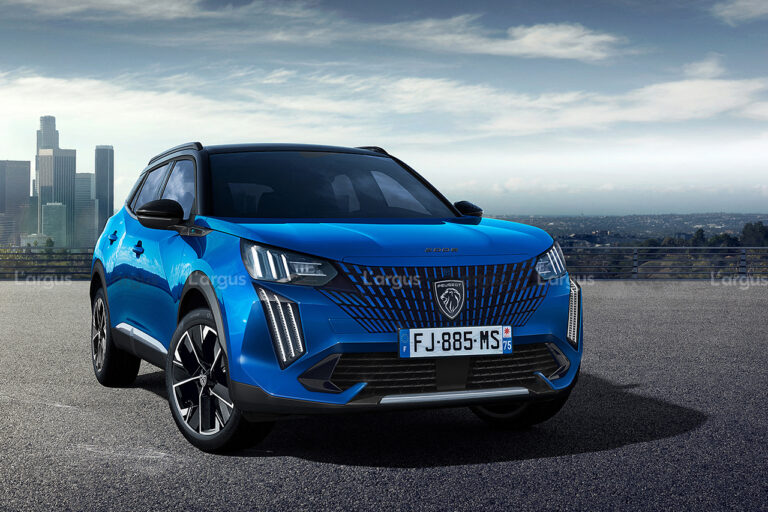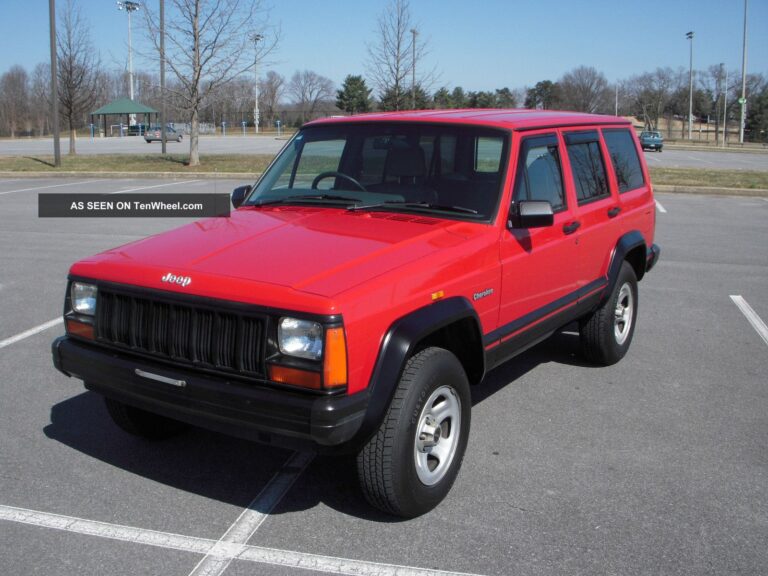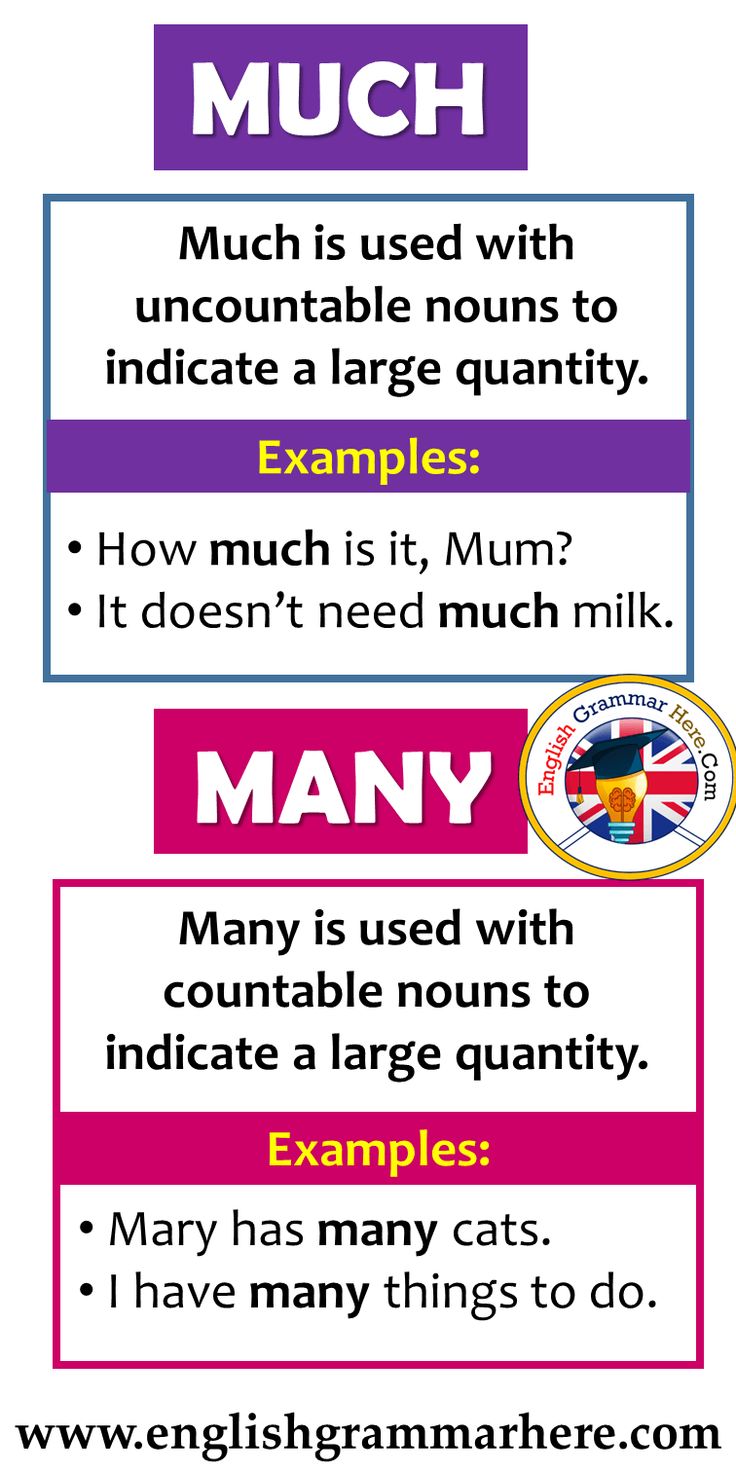Wrecked Jeep JK For Sale: Your Gateway to Adventure (or Parts!)
Wrecked Jeep JK For Sale: Your Gateway to Adventure (or Parts!) jeeps.truckstrend.com
The iconic Jeep Wrangler JK (2007-2018) stands as a beacon of rugged capability, off-road prowess, and an unparalleled sense of freedom. Its popularity remains unwavering, making a brand-new or even a well-maintained used model a significant investment. This is where the intriguing world of "Wrecked Jeep JK For Sale" enters the picture. Far from being merely damaged goods, these vehicles represent a unique opportunity for enthusiasts, mechanics, and budget-conscious adventurers.
A "wrecked" Jeep JK is, simply put, a vehicle that has sustained significant damage from an accident, natural disaster (like a flood or fire), or other catastrophic events, often rendering it non-drivable or beyond economical repair by an insurance company. While this might sound daunting, for the right individual, a wrecked JK isn’t an end-of-life vehicle; it’s a blank canvas, a treasure trove of parts, or a challenging yet rewarding restoration project. This comprehensive guide will delve into every facet of purchasing a wrecked Jeep JK, offering insights, practical advice, and a clear roadmap for navigating this specialized market.
Wrecked Jeep JK For Sale: Your Gateway to Adventure (or Parts!)
Understanding the "Wrecked" Status: What Does it Mean for a Jeep JK?
Before diving into the purchase, it’s crucial to understand the different classifications of a "wrecked" vehicle, primarily defined by its title status. This will dictate its legality, ease of registration, and potential resale value.
- Salvage This is the most common designation for a wrecked vehicle. It means an insurance company declared the vehicle a "total loss" because the cost of repairs exceeded a certain percentage of its actual cash value (ACV), typically 70-90% depending on the state. A vehicle with a salvage title cannot be legally driven on public roads until it’s repaired and inspected.
- Rebuilt Title (or Branded Title): Once a salvage vehicle has been repaired to meet state safety standards and passes a mandatory inspection, its title is upgraded to "rebuilt." This indicates it was once salvage but is now roadworthy. While drivable, a rebuilt title can still impact resale value and insurance rates compared to a clean title.
- Flood-Damaged A specific type of salvage title indicating severe water damage. This is often the most problematic type of damage due to potential long-term electrical, rust, and mold issues.
- Fire-Damaged Another specific salvage designation, indicating significant fire damage. Structural integrity, wiring, and interior components are usually compromised.
- Clear Title (but wrecked): Less common, but sometimes a vehicle is wrecked and not reported to an insurance company, or the owner chooses not to file a claim. While the title is "clean," the vehicle is still physically damaged and requires extensive repair. Always perform a VIN check regardless of the stated title.

Key takeaway: Always verify the vehicle’s title status through a comprehensive VIN check (e.g., CarFax, AutoCheck) before making any commitments. This will reveal its accident history, previous ownership, and title branding.
Why Buy a Wrecked Jeep JK? The Benefits and Opportunities
While seemingly counterintuitive, purchasing a wrecked Jeep JK offers several compelling advantages for the informed buyer.
1. Unbeatable Cost Savings
This is the primary driver for most buyers. A wrecked JK can be acquired for a fraction of the cost of a running, clean-title equivalent. Depending on the extent of damage, prices can range from a few hundred dollars for a parts donor to a few thousand for a repairable project. This significant initial saving allows for a larger budget for parts, upgrades, or even multiple projects.
2. Ideal for Parts Donors
Many wrecked JKs are bought solely for their components. If you own a JK and need a specific part – an engine, transmission, axle assembly, body panel, or interior component – buying a wrecked vehicle for parts can be far more cost-effective than purchasing new OEM parts or even used parts individually. You get a whole host of secondary parts as a bonus.
3. The Ultimate Project Build & Customization Platform
For the serious off-road enthusiast or custom builder, a wrecked JK is a blank slate. Instead of paying for a pristine vehicle and then stripping it down for custom modifications, you start with a damaged vehicle you can rebuild exactly to your specifications. This is particularly appealing for creating dedicated rock crawlers, overlanding rigs, or highly specialized show vehicles where the original bodywork might be replaced anyway.

4. A Hands-On Learning Experience
For aspiring mechanics, body shop technicians, or simply DIY enthusiasts, repairing a wrecked JK offers invaluable practical experience. You’ll learn about vehicle structure, electrical systems, engine mechanics, bodywork, and the intricacies of a Jeep’s robust design. It’s a challenging but highly rewarding educational journey.
5. Potential for Profit (with caution)
For experienced mechanics or those with access to affordable parts and labor, there’s potential to repair a wrecked JK and sell it for a profit. However, this requires meticulous planning, accurate repair cost estimation, and an understanding that a rebuilt title will likely command a lower price than a clean-title vehicle.
Navigating the Purchase: Where to Find Wrecked Jeep JKs for Sale
The market for wrecked vehicles is specialized, but several reliable avenues exist for finding a damaged Jeep JK.
-
Online Auto Auctions (The Primary Source):
- Copart (copart.com): One of the largest global online vehicle auction companies, specializing in salvage and insurance vehicles. You’ll find a vast inventory of wrecked JKs here.
- Insurance Auto Auctions (IAAI.com): Another major player in the salvage auction space, similar to Copart.
- Pros: Huge selection, detailed photos, VIN information, sometimes condition reports.
- Cons: Requires a broker for public buyers in many states, vehicles sold "as-is, where-is," can be difficult to inspect in person.
-
Local Salvage Yards & Auto Recyclers:
- Pros: Opportunity for in-person inspection, direct negotiation, can sometimes start the vehicle.
- Cons: Limited inventory, often less detailed information online, may not always have the specific JK model or damage type you’re looking for.
-
Online Marketplaces (Use Extreme Caution):
- Facebook Marketplace, Craigslist, eBay Motors: Occasionally, private sellers list wrecked vehicles.
- Pros: Direct communication with the owner, potential for better deals.
- Cons: Higher risk of scams, less transparency regarding title status or actual damage, no buyer protection. Always inspect in person and bring a mechanic if possible.
-
Specialized Jeep Forums & Groups:
- Online communities dedicated to Jeeps sometimes have "for sale" sections where members might list damaged vehicles.
- Pros: Often more detailed descriptions and a passionate community.
- Cons: Limited inventory, highly localized.
Crucial Considerations Before Buying: What to Inspect and Ask
Buying a wrecked vehicle is inherently risky. Thorough due diligence is paramount.
-
Damage Assessment (The Most Critical Step):
- Frame Damage: This is the deal-breaker. Significant frame damage (bent, twisted, or creased) is extremely costly and difficult to repair properly. Look for creases, buckling, or mismatched panel gaps. If the frame is compromised, unless you’re a professional frame specialist, it’s usually best to walk away.
- Engine & Transmission: Are they intact? Is there oil/fluid leakage? Is the engine seized? Can it turn over? Flood damage often ruins these components.
- Electrical System: Water or fire damage can wreak havoc on wiring harnesses, modules, and sensors. This is often the hardest and most expensive aspect to repair. Check for corrosion, burnt wires, or warning lights if you can power it up.
- Suspension & Axles: Inspect for bent components, broken mounts, or damaged axles, especially in rollover or severe impact accidents.
- Body Panels & Interior: While cosmetic, these can add up quickly. Estimate the cost of replacement doors, fenders, hood, tailgate, and interior components (seats, dashboard, electronics).
- Airbag Deployment: If airbags deployed, count on replacing the airbags themselves, the clock spring, and the airbag control module, which is an expensive repair.
-
Title Status Implications: Understand what a salvage or flood title means for registration, insurance, and future resale in your specific state. Some states have more stringent requirements for rebuilt vehicles.
-
Repair Cost Estimation: This is where many buyers go wrong.
- Parts: Research the cost of major components you’ll need (e.g., engine, transmission, body panels, frame sections, axle housings). Used parts from another salvage vehicle can save money.
- Labor: If you’re not doing the work yourself, factor in professional labor rates.
- Hidden Damage: Always assume there’s more damage than meets the eye. Add a 20-30% contingency to your repair budget.
- Tools: Do you have the specialized tools required (welder, body tools, diagnostic scanner)?
-
Transportation: How will you get the wrecked JK home? Factor in towing costs, which can be significant for a non-rolling vehicle.
-
Your Skill Level & Resources: Be honest with yourself. Do you have the mechanical aptitude, tools, workspace, and most importantly, the time and patience for such a project? A wrecked JK is a commitment.
The Repair and Rebuilding Journey: Tips for Success
If you’ve purchased a wrecked JK, here’s a roadmap for a successful rebuild:
- Safety First: Always work in a well-lit, stable environment. Use jack stands, safety glasses, gloves, and proper lifting equipment. Disconnect the battery.
- Documentation: Take extensive "before" photos and document every step of the repair process. This is crucial for obtaining a rebuilt title and for future reference. Track all expenses.
- Disassembly & Assessment: Carefully disassemble the damaged areas to fully expose the extent of the damage. This will help refine your parts list.
- Parts Sourcing:
- New OEM: Best quality, but most expensive.
- Aftermarket: Good for many components, often more affordable.
- Used/Salvage: Excellent for major components like engines, transmissions, or body panels from donor vehicles. Inspect carefully before buying.
- Frame Straightening (If Applicable): If there’s frame damage, this is a job for a professional body shop with a frame machine. Do not attempt this without proper equipment and expertise.
- Mechanical & Electrical Repairs: Address engine, transmission, suspension, braking, and steering issues first. Then tackle the electrical system, which can be complex due to the JK’s numerous sensors and modules.
- Bodywork & Paint: Once structural and mechanical integrity are restored, move to body panel replacement, dent repair, and paint.
- Reassembly & Testing: Meticulously reassemble the vehicle, ensuring all connections are secure. Test all systems thoroughly before attempting to drive it.
- State Inspection & Rebuilt Understand your state’s requirements for salvaged vehicles. This usually involves a comprehensive safety inspection by a state-certified mechanic to verify all repairs meet standards. You’ll need to present receipts for parts and document the work performed.
Challenges and Solutions
- Unforeseen Costs: The most common challenge. Solution: Always budget a 20-30% contingency for unexpected repairs or parts.
- Time Commitment: Rebuilding a wrecked vehicle is a marathon, not a sprint. Solution: Set realistic timelines, break the project into smaller, manageable tasks, and don’t get discouraged by setbacks.
- Parts Availability/Cost: Some specific JK parts can be hard to find or expensive. Solution: Research parts availability and cost before buying the wrecked vehicle. Consider sourcing from multiple vendors or other wrecked JKs.
- Title & Registration Issues: Navigating the bureaucracy of salvage/rebuilt titles can be frustrating. Solution: Research your state’s specific Department of Motor Vehicles (DMV) requirements thoroughly. Call them directly with questions.
- Resale Value: A rebuilt title will typically result in a lower resale value compared to a clean-title vehicle. Solution: If your goal is to flip, understand this limitation. If it’s for personal use, the initial savings often outweigh the reduced resale value.
Wrecked Jeep JK For Sale: Representative Price Table
It’s crucial to understand that prices for "wrecked" vehicles vary wildly based on the exact nature and severity of the damage, the model year, mileage before the incident, and market demand. This table provides estimated ranges based on typical damage scenarios.
| Damage Severity Level | Typical Condition/Description | Estimated Price Range (USD) | Key Considerations |
|---|---|---|---|
| Minor Damage | Light body damage (fenders, doors, bumper), minor mechanical (e.g., radiator, AC condenser). | $3,000 – $6,000 | No frame damage, engine/transmission likely untouched. Ideal for cosmetic repair or minor mechanical fix. |
| Moderate Damage | Front/rear end collision, side impact. May have bent frame horns, deployed airbags. | $1,500 – $4,000 | Requires body panel replacement, possible frame straightening, airbag system repair. Engine/trans might be okay. |
| Major Damage | Severe impact, rollover, heavy structural damage, possibly fire-damaged. | $500 – $2,500 | Significant structural repair needed, potentially engine/transmission replacement. Often a parts donor vehicle. |
| Flood Damaged | Water ingress into cabin/engine. Electrical system, interior, engine/transmission compromised. | $300 – $1,500 | Highest risk. Electrical issues are pervasive. Often best for specific hard parts (axles, frame, hard top) only. |
| Fire Damaged | Localized or widespread fire damage. Melted components, burnt wiring. | $300 – $1,000 | Assess heat damage to critical components (engine block, frame). Often only salvageable for very specific undamaged parts. |
Note: These prices do NOT include the cost of repairs, parts, transportation, or title processing. They represent the purchase price of the wrecked vehicle itself.
Frequently Asked Questions (FAQ)
Q1: Is it legal to buy a wrecked car?
A1: Yes, it is completely legal to buy a wrecked vehicle. However, it cannot be legally driven on public roads until it is repaired and passes a state inspection to receive a "rebuilt" title.
Q2: Can I register a car with a salvage title?
A2: No, a vehicle with a salvage title cannot be registered or legally driven on public roads. It must be repaired, inspected by the state, and issued a "rebuilt" title first.
Q3: How much does it cost to fix a wrecked Jeep JK?
A3: This varies wildly. For minor cosmetic damage, it could be a few thousand dollars. For severe structural, engine, or electrical damage, it could easily exceed $10,000 – $20,000, potentially costing more than buying a clean-title JK if you’re not careful. Always get a professional estimate or do thorough research before buying.
Q4: Is it worth buying a flood-damaged Jeep JK?
A4: Generally, no, unless you are specifically buying it for a few hard parts (like axles, roll cage, or hard top) and discarding the rest. Flood damage often leads to irreparable electrical issues, mold, rust, and long-term mechanical problems that are extremely costly and time-consuming to resolve.
Q5: Can I insure a rebuilt Jeep JK?
A5: Yes, most insurance companies will insure a vehicle with a rebuilt title, but they may offer different coverage terms or require a specific appraisal. Comprehensive and collision coverage might be harder to obtain or come with limitations, and the vehicle’s "actual cash value" will likely be lower due to the branded title.
Q6: What’s the difference between a salvage title and a rebuilt title?
A6: A salvage title means the vehicle was declared a total loss and is not roadworthy. A rebuilt title means the vehicle was once salvage, has been repaired, inspected, and deemed safe for road use. The rebuilt title indicates its past history.
Conclusion
The prospect of purchasing a "Wrecked Jeep JK For Sale" is not for the faint of heart, but for the mechanically inclined, the budget-conscious adventurer, or the dedicated enthusiast, it represents an unparalleled opportunity. Whether you’re seeking a cheap parts donor, a challenging restoration project, or the ultimate customizable off-road machine, a wrecked JK can be your gateway to unlocking significant value and hands-on experience.
Success in this specialized market hinges on meticulous research, thorough inspection, realistic budgeting, and an honest assessment of your skills and resources. While challenges like hidden damage and complex title processes exist, with diligence and patience, transforming a damaged Jeep JK into a formidable, roadworthy, or off-road-ready vehicle can be an incredibly rewarding journey, proving that sometimes, the most exciting adventures begin with a little bit of a wreck.





